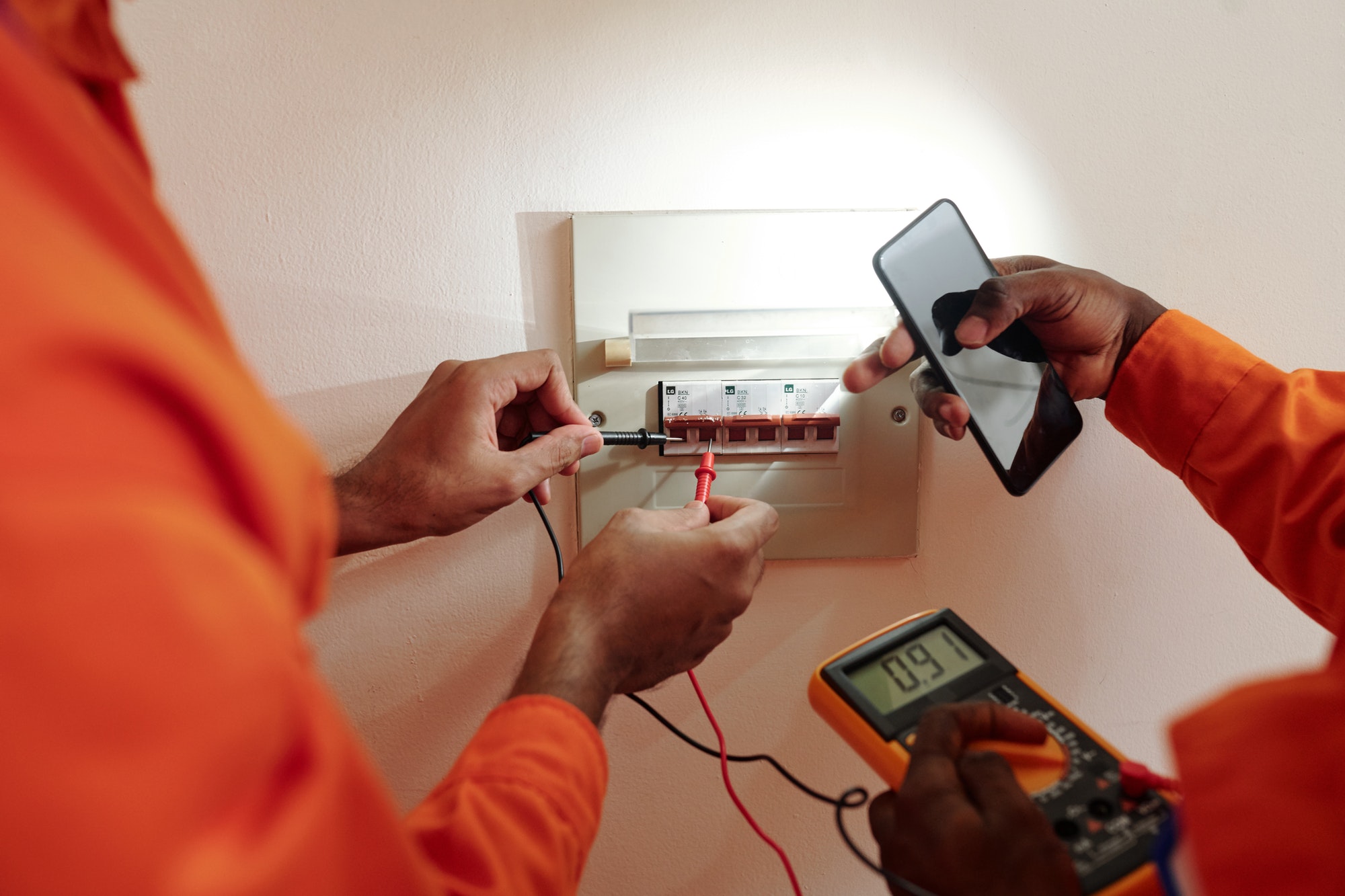Routine maintenance of industrial electrical systems is crucial for ensuring operational efficiency, safety, and longevity of equipment. Industrial environments typically involve complex electrical systems that are subject to high loads, harsh conditions, and continuous use, making regular maintenance an essential practice. Here are the key reasons why routine maintenance is important for industrial electrical systems:
1. Ensuring Operational Efficiency
Optimal Performance:
- Regular maintenance helps ensure that all electrical components and systems operate at their optimal performance levels. This includes checking for proper voltage levels, current flows, and ensuring that equipment such as motors and drives are functioning correctly.
Energy Efficiency:
- Well-maintained electrical systems are more energy-efficient. Routine inspections and servicing can identify and rectify issues that cause energy wastage, such as poor connections, imbalanced loads, and equipment operating outside their optimal ranges.
2. Preventing Equipment Failure
Early Detection of Issues:
- Routine maintenance allows for the early detection of potential issues before they escalate into major problems. Inspections can reveal signs of wear and tear, overheating, and other issues that, if left unaddressed, could lead to equipment failure.
Reduced Downtime:
- By identifying and addressing issues early, routine maintenance helps prevent unexpected equipment failures that can cause significant downtime. This is particularly important in industrial settings where downtime can result in substantial financial losses.
3. Enhancing Safety
Preventing Electrical Hazards:
- Regular maintenance helps prevent electrical hazards such as short circuits, electrical fires, and electric shocks. Inspections can identify faulty wiring, loose connections, and other hazards that could pose risks to workers.
Compliance with Safety Standards:
- Routine maintenance ensures that electrical systems comply with safety standards and regulations, such as OSHA guidelines. Compliance is essential for protecting workers and avoiding legal penalties.
4. Extending Equipment Lifespan
Prolonging Equipment Life:
- Regular maintenance activities, such as cleaning, lubrication, and parts replacement, help extend the lifespan of electrical equipment. Properly maintained equipment experiences less stress and degradation, leading to a longer service life.
Cost Savings:
- Extending the lifespan of electrical equipment through routine maintenance reduces the need for frequent replacements and repairs, resulting in significant cost savings over time.
5. Improving Reliability and Consistency
Consistent Performance:
- Maintenance ensures that electrical systems provide consistent performance, which is crucial for maintaining product quality and meeting production targets. Reliable electrical systems help avoid production delays and ensure that operations run smoothly.
Predictable Operations:
- Routine maintenance makes the operation of electrical systems more predictable. Knowing that equipment is regularly checked and maintained provides confidence in the system’s reliability and reduces the risk of unexpected interruptions.
6. Facilitating Regulatory Compliance
Adherence to Regulations:
- Industrial facilities are subject to various electrical safety regulations and standards. Routine maintenance helps ensure compliance with these regulations, avoiding potential fines and legal issues.
Documentation and Reporting:
- Regular maintenance involves detailed documentation of inspections, repairs, and replacements. This documentation is essential for regulatory compliance and can be used to demonstrate adherence to safety standards during audits.
7. Supporting Predictive Maintenance
Data Collection and Analysis:
- Routine maintenance provides valuable data on the condition and performance of electrical systems. This data can be used to support predictive maintenance strategies, where maintenance activities are scheduled based on the actual condition of equipment rather than on a fixed schedule.
Optimizing Maintenance Schedules:
- By analyzing maintenance data, facilities can optimize their maintenance schedules, focusing efforts on areas that need attention and reducing unnecessary maintenance activities. This approach maximizes efficiency and resource utilization.
Best Practices for Routine Maintenance
Scheduled Inspections:
- Establish a regular schedule for inspecting electrical systems, including visual inspections, thermal imaging, and electrical testing.
Proactive Repairs:
- Address any issues identified during inspections promptly. Proactive repairs help prevent minor issues from developing into major problems.
Qualified Personnel:
- Ensure that maintenance activities are performed by qualified personnel with the necessary skills and knowledge. This includes training for in-house staff and the use of certified contractors when necessary.
Documentation and Record-Keeping:
- Maintain detailed records of all maintenance activities, including the date, findings, actions taken, and personnel involved. This documentation is essential for tracking the history of electrical systems and supporting compliance efforts.
Regular Updates and Reviews:
- Regularly review and update maintenance procedures to incorporate new technologies, industry best practices, and changes in regulations. Continuous improvement of maintenance practices helps keep electrical systems in top condition.
Conclusion
Routine maintenance of industrial electrical systems is vital for ensuring efficiency, safety, reliability, and compliance. By implementing regular maintenance schedules, conducting thorough inspections, and addressing issues proactively, industrial facilities can minimize downtime, extend equipment lifespan, and maintain high standards of safety and performance. Investing in routine maintenance ultimately leads to cost savings, improved operational efficiency, and a safer working environment.






